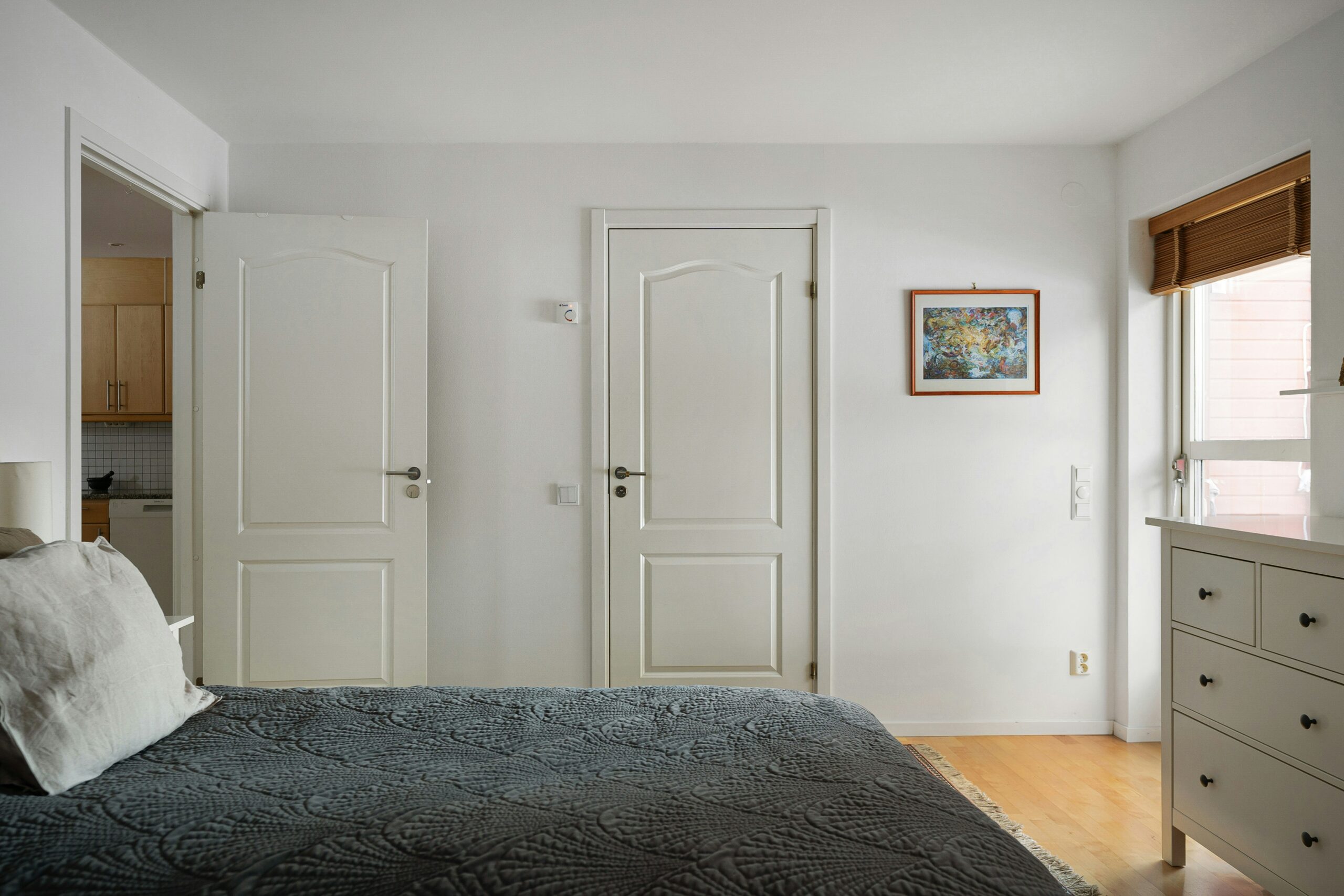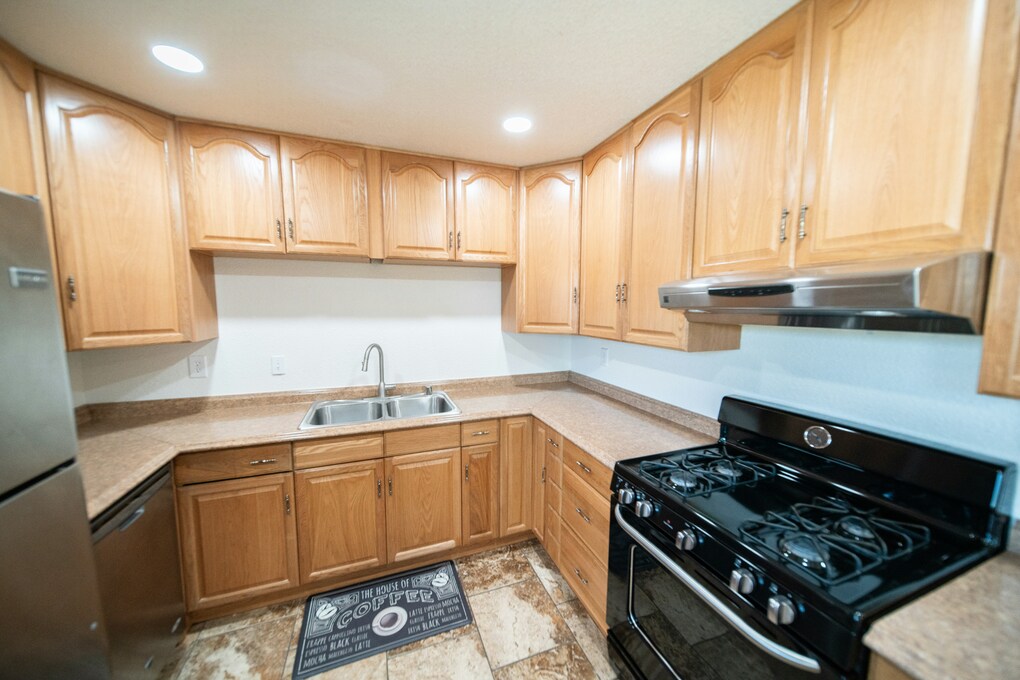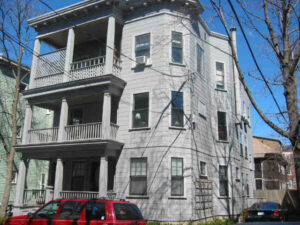Renting Less Than Four Rooms: Sanitary Code Tips
. Posted in News - 0 Comments
By Kimberly Rau, MassLandlords, Inc.
Landlords with multi-bedroom properties have the option of renting bedrooms on an individual basis, as opposed to renting the whole home to a group of roommates or a family. Renting by the room can be a great way to capitalize on your investment and appeal to renters who are looking for more temporary, or budget-friendly, living arrangements.

Renting by the room can be an attractive option for some landlords. Just make sure you are following all applicable laws. (Image: Lisa Anna for Unsplash)
We know the law requires lodging houses with four or more unrelated lodgers to be properly licensed. You may wonder: Does that mean I don’t need to do anything special to rent three rooms separately? The answer is no; you do still have responsibilities as a housing provider, including special sanitary code regulations you have to follow.
What does the law say about renting individual rooms?
If you want to rent out any space where the kitchen and/or bath is shared with another renter, regardless of how many lodgers you have, then you must still follow the state sanitary code. Here are those requirements.

Who cleans the kitchen when you rent out individual rooms? You do, every 24 hours, along with the bathrooms. (Image: Brian Wangenheim for Unsplash)
Individual rooms must be private and up to code.
One rule is that common areas must be able to be accessed without going through someone else’s dwelling unit (room). You cannot rent a room out if everyone has to walk through it to get to the kitchen or the bathroom. People with older homes will sometimes convert the living room to an extra bedroom, but if that’s the only way to access the shared bathroom, it’s not going to work for individual room rentals.
Furthermore, all rooms must be up to code, including ventilation and emergency egress standards. You can’t rent out illegal basement “rooms” or dwelling units that don’t meet safety and square footage requirements. Keep this in mind when you are figuring out which rooms you plan to rent out.
The state sanitary code does have square footage requirements for total living space (bedrooms, living and dining rooms, kitchens and bathrooms). But with a code requirement of 350 square feet for 3 occupants, it’s likely any multi-bedroom property you are looking to rent by the room is more than large enough.
Then there’s “sleeping area,” aka bedrooms, or the rooms you are going to be renting individually. The sanitary code requires 70 square feet of sleeping area for one occupant, and 100 square feet of combined sleeping area for two occupants. Each additional person needs another 50 square feet of sleeping area.
Kitchens and bathrooms must be cleaned daily.
When it comes to kitchens and bathrooms, the sanitary code requires that you clean and sanitize kitchens and shared bathrooms every 24 hours. This is easy to do if you are occupying one of the rooms yourself, and less simple if you are living offsite.
This is not something you can assign to your renters: The law is specific that you must be the one to clean these common areas (or pay to have them cleaned professionally).
Be careful with furnished rentals and linens.
Offering furnished rooms is a great way to attract renters who are only in your city for a short time (think students or travel nurses) and saves on wear and tear to your property. Moving furniture in and out is one of the biggest causes of damage to walls, door frames and stairwells. However, the sanitary code says that if you provide linens (bedsheets), you as the property owner are required to wash them once a week or when soiled.
This regulation was intended to regulate activity within shelters, but also affects private landlords renting by the room.
We guess that very few people would want their landlord going into their living space and stripping the bed, or handling their dirty sheets. You probably don’t want to do that either. We suggest either stipulating in the ad and rental agreement that linens are not provided, or you can present a set of new bed linens to your renters as a gift upon signing. This could get costly if you are anticipating a lot of turnover, but may make sense for some situations.
Do I need a special lease to rent individual rooms?
You can use any length lease you like for individual rooms, though you may want to consider shorter-term leases (by the week or month-to-month). Whatever you decide, we recommend you use our rental agreements. (Weekly rentals are complicated by the state tax on short-term rentals and local ordinances on Airbnb. They are now out of favor for these reasons.)
One important reason to use a MassLandlords rental agreement is that our forms include a clause that prohibits subletting. We strongly suggest you keep that clause in the agreement. You need to be able to control who is living at your property, particularly when renting individual rooms on what may be a shorter-term basis.
You will need to modify the agreement to specify that the kitchen and bath are shared. You should write into the agreement that you are responsible for cleaning those shared spaces.
What could I do that could trigger licensing?
Do not rent shared kitchens and bathrooms to four or more rental agreements in a single building. Here are just a couple examples:
- Three-decker, three apartments, three kitchens, three rental agreements: No license required because each agreement has exclusive use of their own kitchen and bathroom. This is true even if the agreement is comprised of roommates, even if you have more than four unrelated people on an agreement or in the building. Those aren’t lodgings. (What’s a lodging? See our related article.)
- Three-decker, three apartments, three kitchens, nine rental agreements: License! This is because you have four or more agreements sharing the same kitchens. That’s a lodging house under state law.
Conclusion
There are benefits and drawbacks to renting by the individual room, as there are with any rental arrangement. You will likely never have an empty unit. Individual rooms rent cheaper than whole apartments or houses, and for some, the cost savings are worth having to share a kitchen and/or bathroom. You may be able to get more rent for three individual bedrooms than you can for one lease that covers the whole apartment. But you will likely be dealing with shorter-term leases, meaning more tenant screening, more turnover and possibly more risk. And there’s the bathroom and kitchen cleaning requirement.
Renting to roommates and renting by the room are both lawful ways to rent out an apartment (unless your municipality has specific ordinances against renting individual rooms). You may find one setup works better for your business than another. In either case, nonpayment of rent would require you to issue a notice to quit to either the group of roommates or the individual renter, and if they do not pay, continue with a formal eviction process. There is no shortcut around this if you rent by the room.
Would the trade-off be worth it for you? Do you rent by the room already? Let us know your experiences at hello@masslandlords.net.





